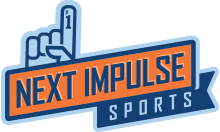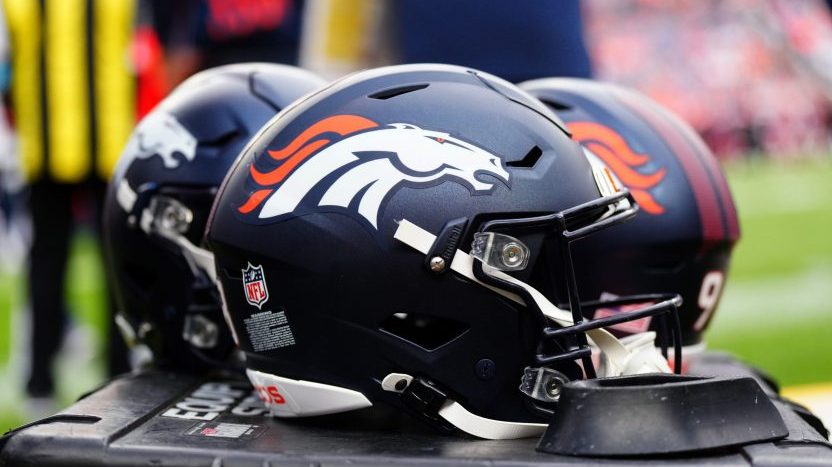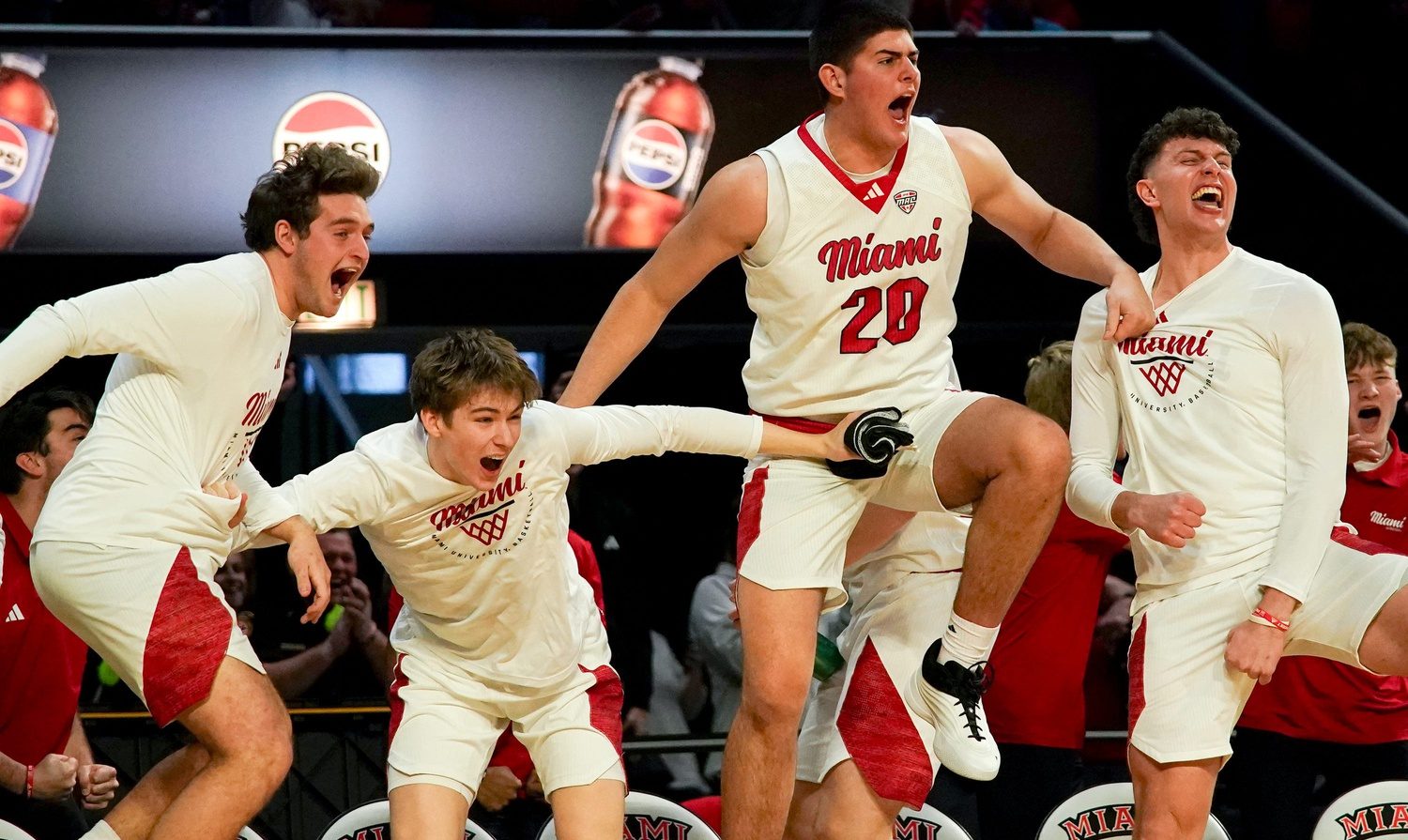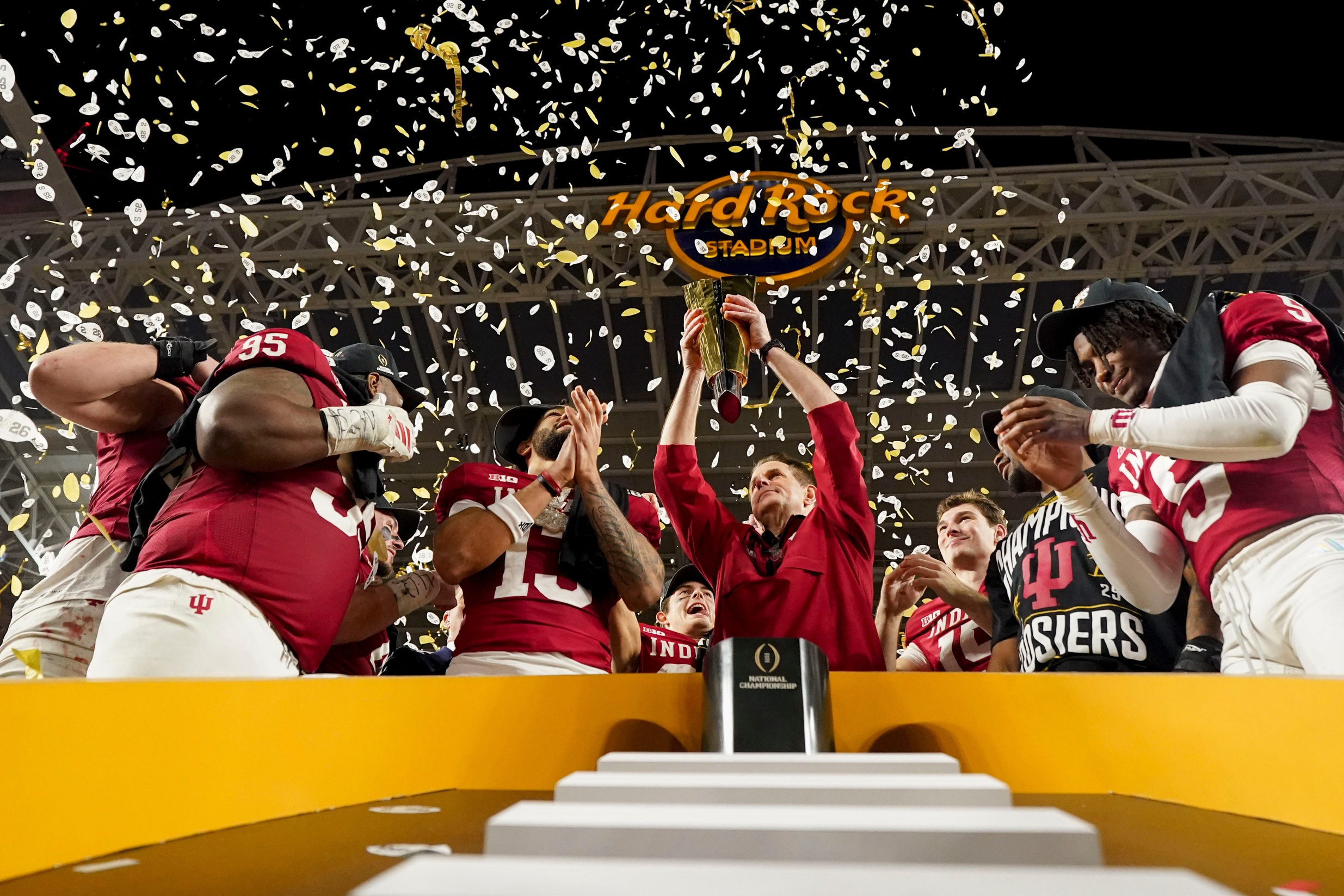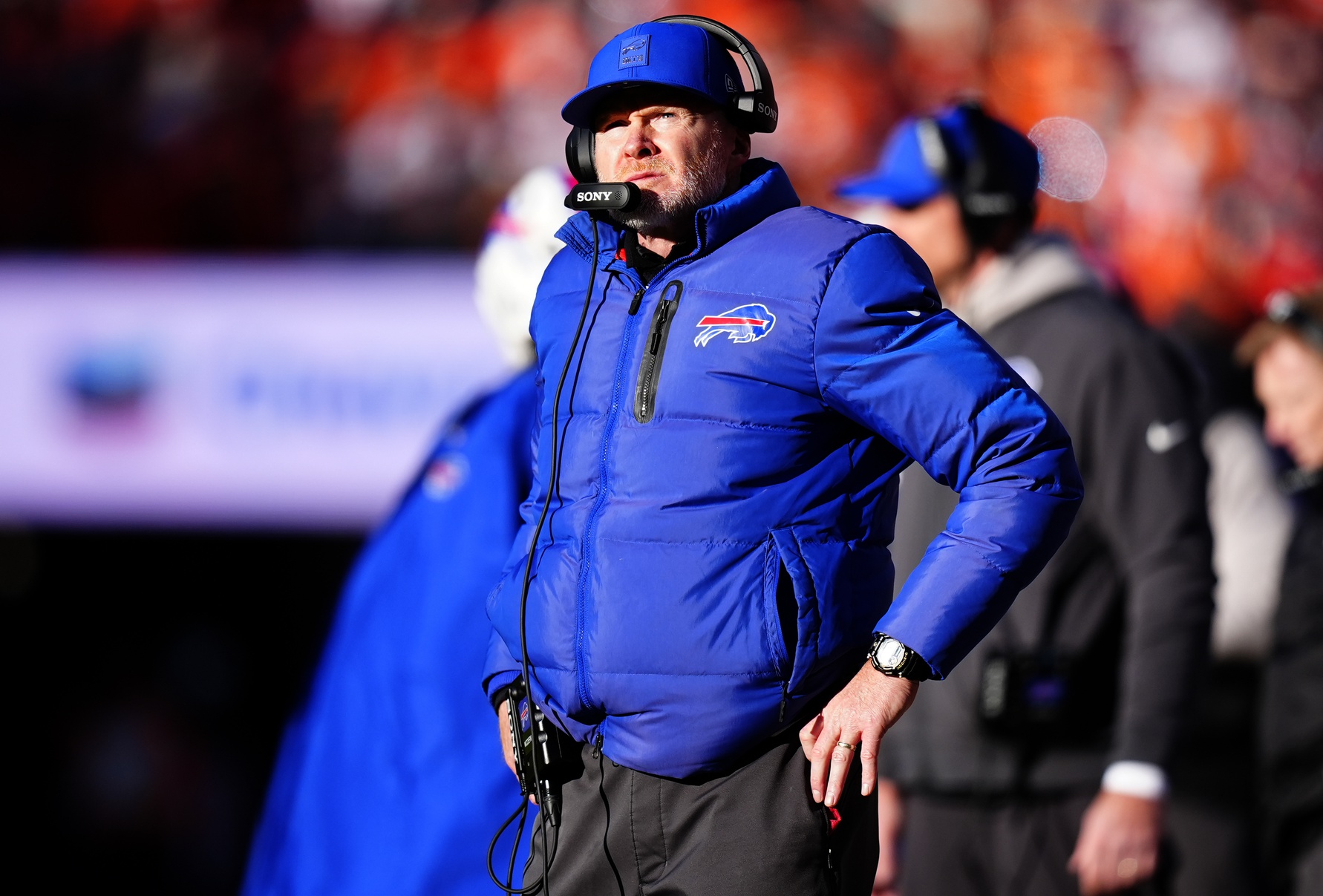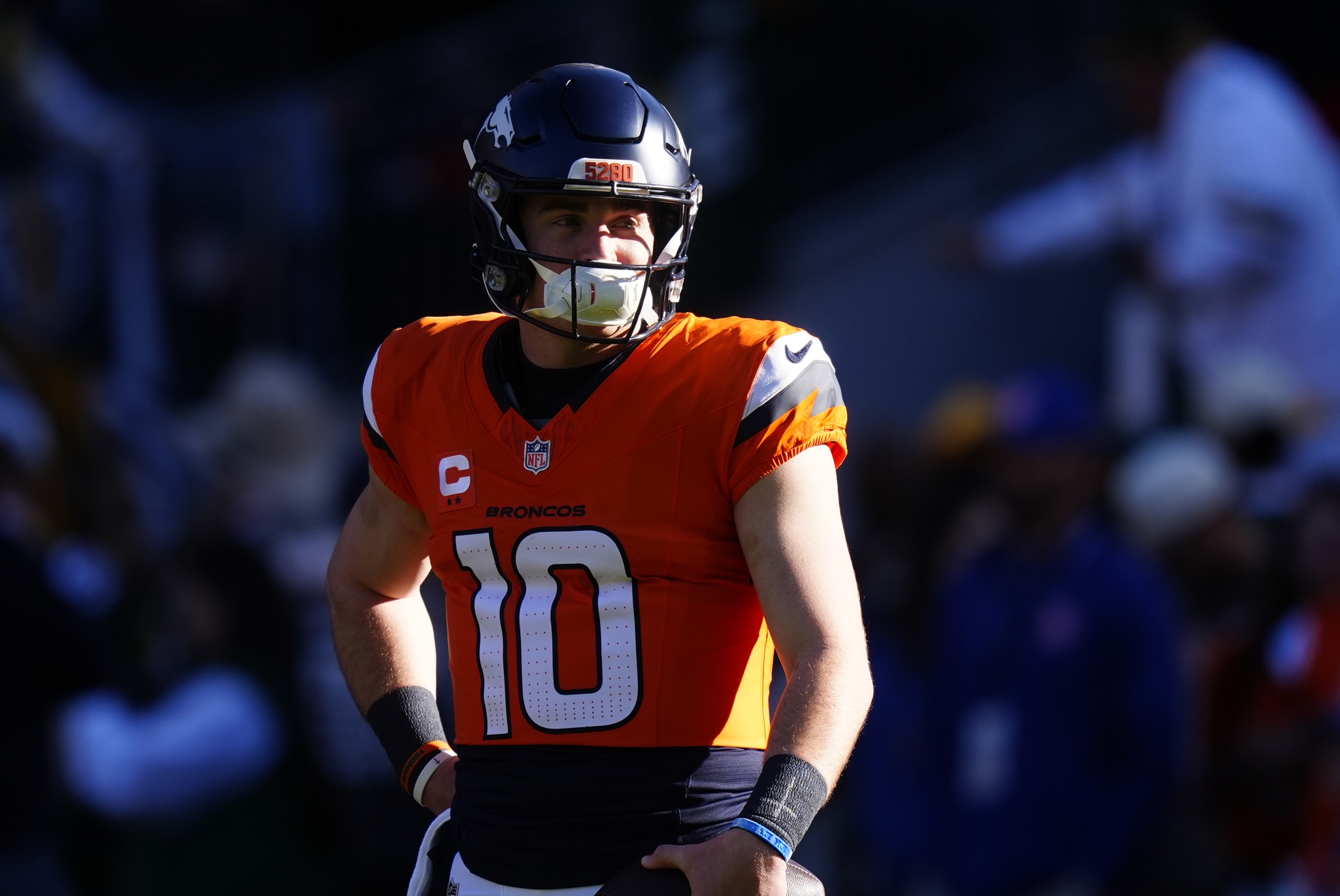Adversity is inevitable. It has numerous faces and presents itself in an abundance of fashions. It is often discouraging, is sometimes lethal, and will certainly drain one’s hope if not opposed by perseverance. If human beings all have one exceptional attribute in common, it’s a specific ability to endure hardship and flourish in the face of it. When we are aware of each other’s encounters with distress, we unconditionally sympathize with and support one another. Most importantly though, we become inspired by the courage we see others demonstrate and tend to implement that same fortitude into our own prosperity. The great Vince Lombardi once said, “Real glory is being knocked to your knees and then coming back. That’s real glory. That’s the essence of it.”
Derrick Coleman’s journey through life, and ultimately the same one that led him to the NFL, becoming a Super Bowl champion, and now an inspirational figure on a global stage, is truly the apotheosis of the possibilities that can manifest when facing adversity with relentless perseverance. A fascinating story that most became familiar with last January in the weeks leading up to the Seattle Seahawks’ quest for a Super Bowl, Derrick and his family found out that he was deaf at the young age of three. Twenty years and a lifetime worth of determination later, Derrick has found himself as an integral symbol of hope to millions of people across the world.
In 2012, Derrick teamed up with Starkey Hearing Technologies to not only abolish the boundaries of his own hearing impairments through their revolutionary technology, but to assist in Starkey’s core mission of eradicating the hearing limitations throughout the world. Founded in 1967, Starkey has since supplied over two million hearing aids in over one hundred countries.
We recently caught up with Derrick before he heads to NFL camp and talked in detail with him about his captivating journey, the difficulties he has faced both on and off the field, the importance of assisting the youth through their disabilities, and overcoming adversity while pursuing your dreams.
Derrick, first of all, we just want to say that we are huge enthusiasts of you and your amazing story. Your journey is incredible, and the amount of people throughout the world that you have touched and inspired is truly remarkable. Thank you for taking the time to speak with us as you get ready to head to NFL camp next week.
No problem. Thank you for taking the time to interview me.
You first learned you were deaf around the age of three, and your parents became your biggest coaches in helping you push through the complications that a typical three-year-old doesn’t have to face. Can you give some insight into what your childhood was like, and when you first started to realize that you had a different set of hurdles you were facing?
Yes, I was between the age of two and three when my parents noticed that my speech was not developing like a normal child. They took me to the local school for testing in Lawndale, California, and the school noticed my left ear did not respond the way in which it should. After hearing that, my mother took me to my family doctor and had additional testing done. That’s how they found out I had a hearing impairment. It started in the left ear and then progressed to my right ear as well. So at the age of three, I started wearing hearing aids. First on the left, then in both ears as my hearing became worse. I knew something was different in preschool when kids would ask, “What’s that in your ear?”
Did you feel it was unfair and find yourself becoming extremely frustrated that you had to deal with this specific impairment and other children did not? Were you susceptible to bullying, and what were the biggest personal battles you were fighting as a child because of your situation?
Yes, I fought tooth and nail not to wear my hearing aids. I blamed my hearing aids for all the grief I had to endure. I especially did not want to wear them in junior high school because the girls would look at me as if something was wrong with me and other kids would make fun of me by calling me ‘four ears’. I was bullied and called names. Kids did not want to play with me because I wore hearing aids. So yes, I used to become very frustrated with my hearing aids. The biggest battle was just trying to stay positive in a negative situation.
Were there any specific people throughout your childhood and adolescence, aside from your parents, that were critically important and supportive in maintaining that positivity and assisting in the development to where you would become progressively more comfortable with how to counteract your hearing impairment?
My sister and brother as well as my uncles, aunts, grandparents. All my family was supportive and did not treat me differently because of my hearing, and that really shaped me.
In high school, when football started becoming a legitimate possible career path for you, what were some of the biggest obstacles you were facing on the field at that time?
I had a hard time playing football with my hearing aids. My hearing aids would fall out, make a lot of feedback noise or would not work because I sweat too much. But as you know, I am not a guy who makes excuses. I looked at obstacles as an opportunity. Luckily the same football team I started with my freshman year was together for the entire four years, so we all learned to adjust to one another.
Can you touch on the specific type of football skills that you were really forced to focus on more, and maybe had to work harder at than your teammates?
I wouldn’t say that I worked harder than others, but I will say I worked hard, really hard. I studied my plays and made sure I watched both the offense and the defense. I had to develop signs for my quarterback if he was changing the plays, not to mention that in high school I played both offense and defense.
You flourished in high school and when you were choosing which College to attend, your current coach on the Seahawks, Pete Carroll, recruited you to come play at USC, but you ultimately chose UCLA instead. What was it about Westwood that made it seem like the ideal fit for the next stage of your football career?
I wanted to play football my first year of college and they needed a running back. Both schools are great, so it would have been a win regardless.
After your four years at UCLA, you went undrafted in the NFL Draft. How much of that lack of interest did you think was due to you being deaf?
I cannot speculate on why they made the decisions they did. I am just blessed that Coach Carroll gave me a shot.
Were there moments throughout that time after being undrafted where you seriously contemplated moving on from the game of football and into another career path? Or were you motivated and solely focused on breaking down the door to playing in the NFL?
It was about four months that I had to wait around for an opportunity. I kept busy working out because I wanted to be ready when it came. I was also volunteering with my high school team. Thank God I did get the opportunity to play the game of football at the national level. I knew God blessed me with a talent and I had to use it, so I was very motivated.
As you mentioned, after a brief training camp stint with the Vikings, Coach Carroll and the Seattle Seahawks brought you on board their practice squad in 2012 and gave you a shot. Through hard work, constantly grinding and proving yourself, you eventually made the final 53 man roster. Can you explain what that moment felt like to finally have reached the beginning stages of the goal you had envisioned?
Man that was a great feeling. I was speechless. I had to call my mother, and she screamed so loud. I was extra motivated at that point because I did not want to let down the people who gave me the opportunity.
As you became familiar with game action in the NFL, and the immense speed it was executed at, were you finding that the difficulties you previously faced in college, were now even greater?
The guys are faster, and they hit harder. Everyone at this level is great, but I talked to my coaches and my quarterback. Once everything was understood, we were good to go. I learned early on how to adjust and advocate for myself, and I take that everywhere I go and apply it in everything I do.
You didn’t learn sign language until later on in your life, so your dexterity for lip reading at an elite level played a huge role in your success, correct?
Correct. It is a skill I use every day, on and off the field.
How great have your Seahawks teammates been throughout this whole journey? Have they shown genuine interest in learning about what it means to be deaf and the complications that it entails?
They are all amazing guys. We are a team, and we are interested in the lives of one another. They support me, and I support them. That’s what makes us a great team.
After such a long and trying path to the NFL, the culmination of your journey was on full display as the Seahawks won the Super Bowl last year. You and your story were thrust into the national spotlight, and the narrative of your progress became a very inspirational engine to endless amounts of people around the world. Did you instantly grasp how global your story had become, or did it take a while to sink in?
It is still sinking in. I am just happy it inspired others to want to try and live their dreams regardless. If I can help one person to understand how valuable they are even with a hearing impairment then I am happy. I am still overcome with joy at the support the nation has shown me and I would like to say thank you to each and every person for your support.
Speaking of national reach, you partnered with Starkey Hearing Technologies, as they are now the sole creators of your hearing aid devices. You have become an ambassador for their fascinating mission and imperative hearing technologies. Can you talk a little bit about the importance of their revolutionary products and how essential they are to you?
I believe I got my first pair of hearing aids around the age of three. It was a huge dark brown hearing aid that would fall out my ear. I hated those aids. I received my first pair of Starkey hearing aids in 2012, and it was like my eyes lit up because I was able to hear things I could not hear before with clarity. They were small and yet powerful. Seeing how Starkey has partnered with some of the world’s leading technology to ensure they are able to offer the best product is simply amazing. It is not just amazing for Starkey, but it is amazing to the people they serve. The way Starkey reached out to me when I first went to Minnesota as an undrafted NFL Player is the same way they reach out to everyone else. This is a wonderful organization and I am happy they choose me to partner with them.
I know you, along with Starkey, spend a whole lot of time interacting and working with children. What are some of the goals and aspirations you and Starkey have as a team, in regards to assisting the youth who are currently dealing with their own disabilities? Are there specific routes to injecting kids with hope, helping them become more comfortable with their hearing impairments, and ultimately making their difficult journeys ahead significantly less discouraging?
I tell you the Starkey Foundation is amazing. I have had several youth and young adults and even an elderly lady either Facebook message or tweet me regarding their special need for hearing aids, and without asking Starkey stepped in and made their dreams a reality. Recently, the Derrick L Coleman ‘No Excuse Foundation’ hosted over 300 children from the Seattle area, and Starkey donated 300 shirts without blinking an eye. They also sponsored an event to celebrate hearing in Seattle. The proceeds were donated to five organizations that deal with children who are hearing impaired.
You’re also a man of deep faith who embodies an endearing and uplifting spirit. Can you try to explain how going through all of the things you’ve had to endure, and being tested over and over again, has molded you into an individual with such a positive outlook ?
I grew up in the church, and I love the Lord and I know he loves me. He made me the way I am for a reason, and I have learned to embrace that. I can’t change it, and at this point in my life I don’t think I want to change it. I love who I am. How can a person have a testimony without a test? So my test was to overcome the adversity of living and playing sports with a hearing loss, and I hope and pray he is pleased with what I have done.
Finally, so many individuals across the world look to you and your inspiring story as a vehicle for their own courage and fearlessness. To anyone out there reading this who may be going through their own struggles, whether it be physical limitations or constraints of other sorts, can you provide some advice on the importance of keeping a positive mindset and continuing to progress, regardless of the circumstances surrounding you?
I would say no one is perfect. Without struggles — although we face different struggles and challenges — we all have something to overcome. Don’t allow others to place limits or interject their views of how you will be defined or who you will become. The world will see you how you see yourself. If you view yourself as a successful person living your dream, then that is who you should strive to be. Remember to surround yourself with positive people who are moving in the same direction as you.
Derrick, thank you so very much for taking the time to talk with us. Our best wishes of continued health and success, both on and off the field. God bless.
Thank you and God bless you as well.
 After talking with Derrick, we also spoke with Vice President of Audiology & Professional Relations for Starkey, Dave Fabry, to gain a further understanding of Starkey’s mission, their groundbreaking technology, and the future of combating hearing loss.
After talking with Derrick, we also spoke with Vice President of Audiology & Professional Relations for Starkey, Dave Fabry, to gain a further understanding of Starkey’s mission, their groundbreaking technology, and the future of combating hearing loss.
On Starkey’s business model:
“You can build a successful business on the core essentials of extending your hand and giving back.”
On Starkey’s relationship with Bill Clinton and other agencies:
“Bill Austin (founder/CEO), met Bill Clinton at the initial Clinton Global Initiative meetings. President Clinton was impressed with Starkey’s success, but also challenged him to amp up efforts and reach even more people.”
“Whether it’s athletics or business, sometimes you don’t realize what your limits are. You think you’re operating at your limits, and someone else comes in and tells you you can do more. We have made tremendous progress by partnering with other agencies.”
On Starkey’s presence within impoverished Countries:
“It’s imperative that we take into consideration the basic human needs in these countries before we can focus on hearing. Drinking water, disease, shelter, food, those are the things that take priority over hearing. We work on those conditions, and then piggyback those with our expertise in hearing loss.”
“We can’t just show up to these impoverished and developing countries, drop hearing aids off, take photos and expect to make an impact. Sustainability is key. We’ve really committed going to an area again and again and building a reach with the local volunteers and health care workers that we have access to.”
On the importance of assisting the youth with their disabilities:
“Fundamentally the most important thing, is that you care about these kids in other countries the same way you care for the ones at home in our country. It makes all of the difference in the world.”
“If you can fill one kid with hope, they can do great things, and it becomes a snowball effect.”
On Derrick Coleman’s specific technology and partnering with Apple:
“We’ve developed State of the art technology (in Halo), to communicate with a state of the art smart phone (iPhone), via a state of the art app in (TruLink). There was value in that partnership to minimize some of the stigma associated with hearing aids, to raise awareness for where hearing aid technology is going.”
“It’s the first device that communicates directly between the smart phone and the hearing aid without the need for an intermediate bridge.”
On the future of hearing aids:
“Something we wanted to do when we developed this product was make hearing aids cool. We think we’ve done that. It’s the first step in the process that will break the conventional wisdom barriers down, regarding hearing aids and hearing loss.”
“The reality is that these types of technologies will enable a hearing aid user to perform equivalently or better than their normal hearing counterpart, and that is paradigm changing.”
Keep up with Derrick and his amazing story both on and off the field here.
Stay informed on Starkey’s mission and their continued progress in transcending hearing loss here.
Special thank you to Roepke PR for their assistance in the production of this interview.
[content_block id=136043]
